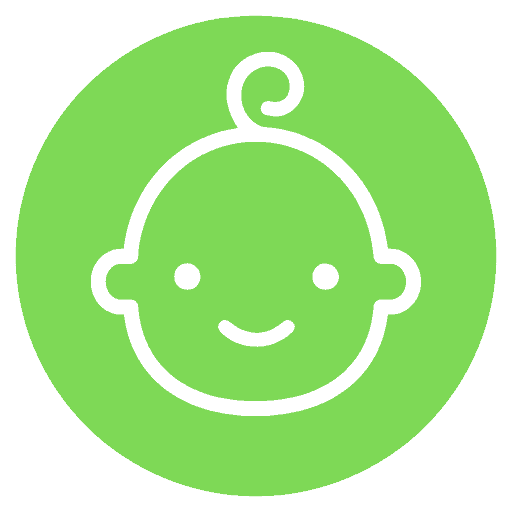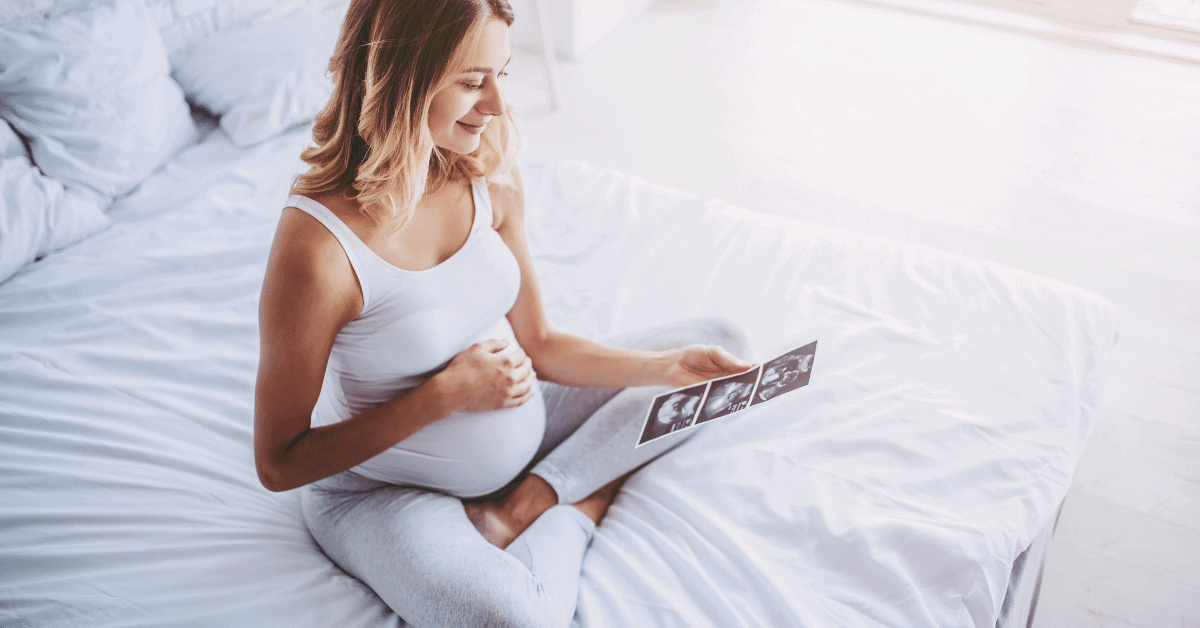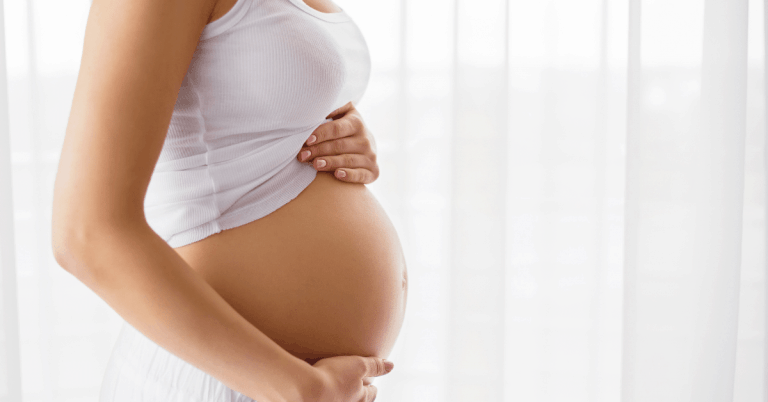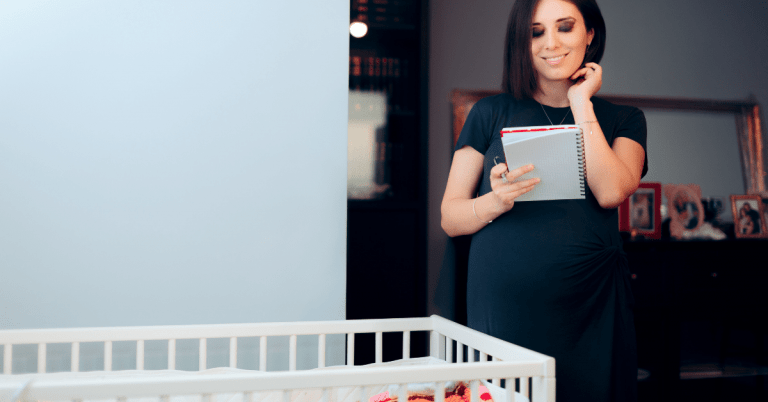What Is The Ideal Age To Have a Baby?
There are countless questions associated with pregnancy, and one of them is the ideal age to have a baby. Are girls in their 20s too young while women in their 40s have missed a train?
Is it better to prefer travel and focus on your career, with the option to potentially adopt a child later in life? Afterall what risks does pregnancy entail at a mature age?
The answers to these questions should always be considered on a broader scale and, above all, from the individual point of view of each woman.
What Does The Science Say About The Ideal Pregnancy Age?
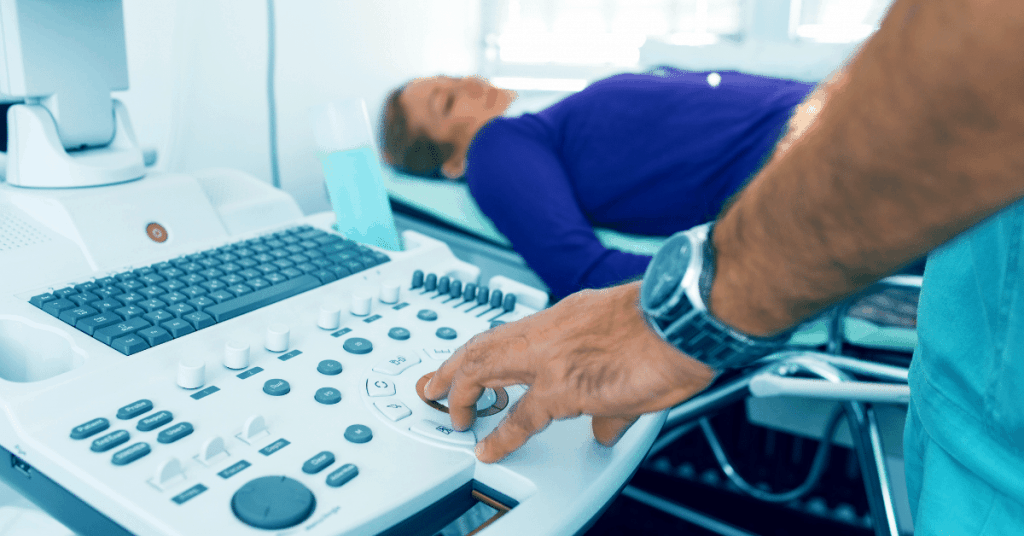
The most ideal time for the conception of a child is the age around 21 years of age.
In general, the age range between the ages of 18 and 29 is reported as the most appropriate and safe time to have a child. A woman at this stage has the largest number of quality eggs and the highest chance of a trouble-free birth.
Right here you’re having your most fertile years. Your menstrual cycle is most likely regular and in the vast majority of them you also ovulate. The average woman between the ages of 18 and 24 has a 20% chance of getting pregnant each month through unprotected sexual intercourse.
Turning 32 years old is considered a landmark milestone in a woman, after which female fertility decreases, there is a higher risk of spontaneous miscarriage, and the possibility that the child will suffer from chromosomal deviation (the most famous example is Down syndrome). And what are the prospects of a woman in her 40s? The chances of insemination are then reduced to just 5%.
One must also consider how many children they would like to have, if a woman only wants to be a mother to one she can safely wait till the age of 27 or 28 to conceive a child – but if she were to want a full family of 2 or 3 or even 4 children then it must be taken into account that each baby will take at least nine months (not counting time to conceive inbetween).
Does The Fathers Age Impact The Health of the Baby?

In general, the reproductive ability of a man is not particularly limited by time frames. There are cases when men became fathers when they were in their 70s and 80s.
If the body of the future father is able to produce healthy, suitable for fertilization of the egg spermatozoa, then the decision of the question when it is better to conceive a child depends only on the desire of the man.
But it should be borne in mind that with age, along with general changes in the state of health of a man, the quality of genetic material can also change, and not for the better.
It is known that parents “at the age” have a much higher risk of having a child suffering from any hereditary pathologies (Down syndrome, etc.).
Men aged 45 years and older should take this risk into account when planning when it is better to conceive a child. While these issues are far more commonly linked to the age of the mother, sperm quality is shown to decrease as men enter into their mid to late 40s potentially causing an increase in issues.
If the potential father is over 45, he should consider seeking a sperm clinic to test the mobility and health of his sperm.
How Can Doctors Help You Get Pregnant at an Advanced Age?

Pregnancy after 35 years may require the intervention of specialists. If it does not occur naturally within 12 months, doctors will offer you to undergo an examination to figure out what the cause is. If a woman is older than 35 years, she needs to see a doctor after 6 months so as not to waste time.
Approximately one-third of all pregnancies in women between the age of 40 and 44 end in miscarriage. Eggs are often damaged, the mucous membranes of the uterus too thin, and the blood supply of the uterus is insufficient. The risk of placenta previa increases significantly, and babies born to women in their 40s often have significantly lower birth weight. The risk of Down syndrome at this age is also significantly higher than in younger age groups
The most common treatment for women looking to become pregnant in their older years is in vitro fertilization. This process begins by the woman being given additional tests and prescribed hormone therapy for 10 to 30 days so that the ovaries produce several mature eggs within one cycle, these eggs are then taken and fertilized with sperm from a man.
After three to five days the embryo or several embryos are carried out in special conditions of the incubator, after which they are placed in the uterine cavity. After 10 to 14 days, you can donate blood for hCG to see if you are expecting a baby.
So When Is The Right Time For You?
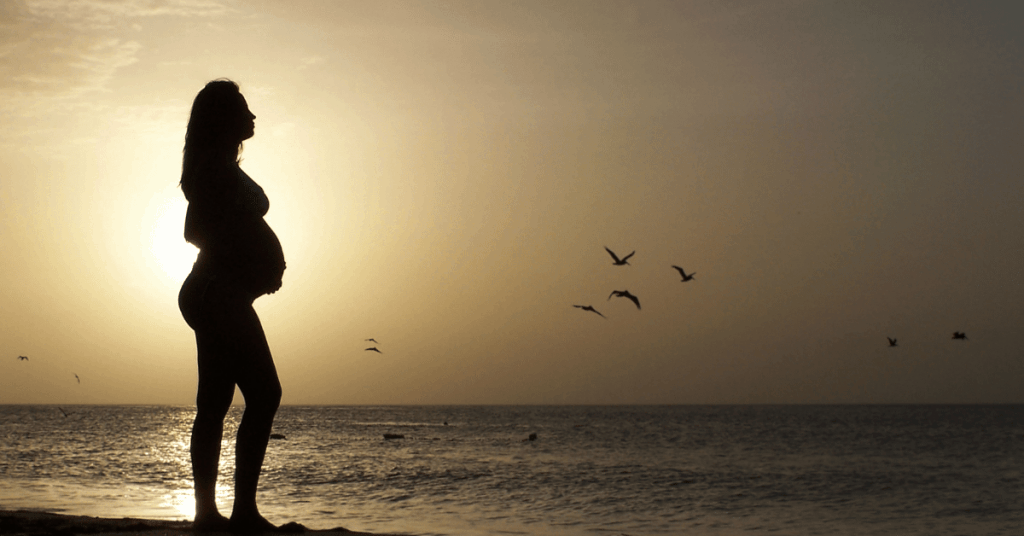
As mentioned above, the sooner you have a child, the better. At least from a biological point of view. However, if a woman were to become a mother at the age of 30 solely out of conviction and some kind of pressure that now is the best time, according to popular statements and medical studies, she should reconsider her decision.
Bringing a child into the world is one of the most important events in human life, and certainly a woman should not feel pushed into pregnancy. However, if she feels that the biological clock is already beginning to tick, has a stable background to which she can bring the child then there is nothing to wait for.
If you think now is the time for you, check out the baby ready checklist.

